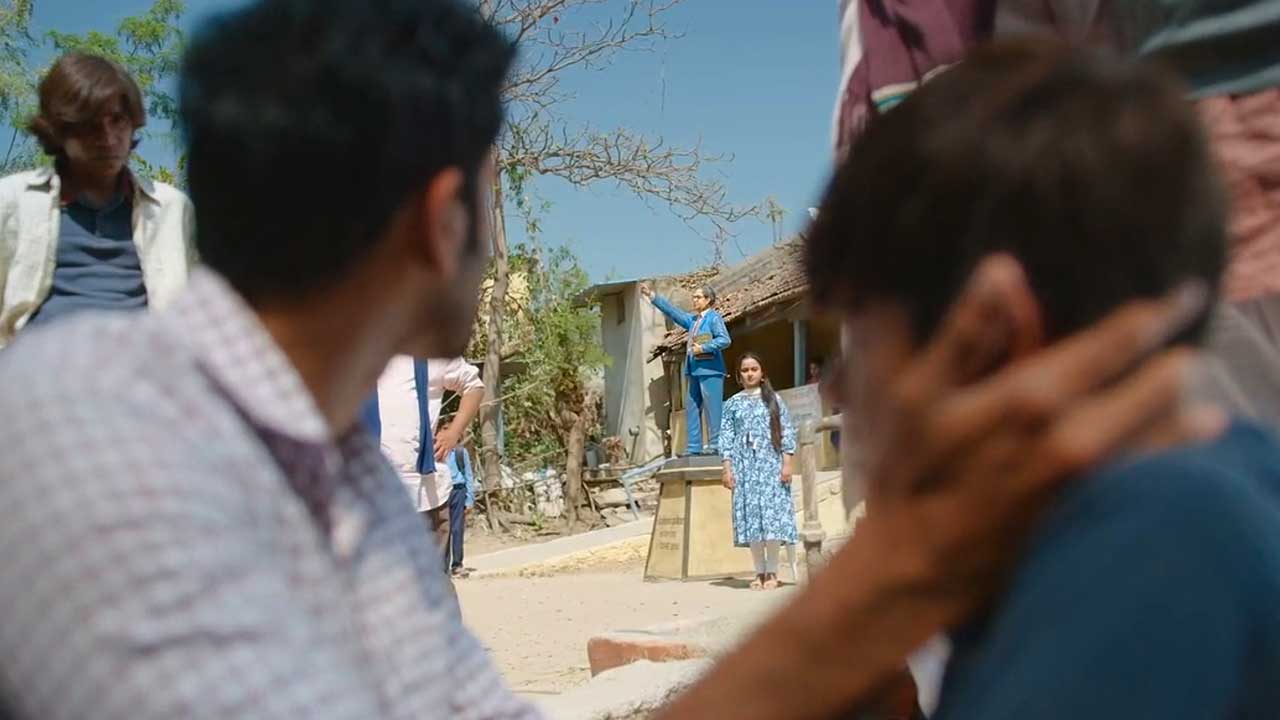Seven is considered the number of completion. In the Bible’s account, after the creation of humans on the sixth day, God is said to have “rested”. Not that God needed to rest from his labours, but to set a model for us – that after labouring six days we need to give our bodies and minds rest. Hence the Jewish concept of the weekly Sabbath rest the world has adopted. At FORWARD Press we have to confess that we have not been resting from our six years of labour. In fact, as we celebrate our seventh anniversary, our editorial team has been extra busy. As promised last year, the FP website has really come into its own and will begin its independent existence on 1 June 2016. Also, as promised in my April 2013 editorial in the second Bahujan Literary Annual, very soon we shall be publishing FP books including, on Bahujan literature.
 So this fifth Bahujan Literary Annual also marks FP’s seventh anniversary. It is a bittersweet anniversary, for, as most of you are aware, our June edition will be FP’s last monthly print issue. If a child attained 7 and died, the grief would be greater than had the death occurred much earlier; by 7, a child has character and we have grown to love that child for who s/he is. On a less sentimental note, for any print publication in India and especially a Dalitbahujan one to survive till its eighth year is a matter of great pride and thanksgiving. A better way to think of it is a technological transmigration from the limited monthly print magazine to the unlimited daily avatar on the Internet, coupled with the permanence in printed books.
So this fifth Bahujan Literary Annual also marks FP’s seventh anniversary. It is a bittersweet anniversary, for, as most of you are aware, our June edition will be FP’s last monthly print issue. If a child attained 7 and died, the grief would be greater than had the death occurred much earlier; by 7, a child has character and we have grown to love that child for who s/he is. On a less sentimental note, for any print publication in India and especially a Dalitbahujan one to survive till its eighth year is a matter of great pride and thanksgiving. A better way to think of it is a technological transmigration from the limited monthly print magazine to the unlimited daily avatar on the Internet, coupled with the permanence in printed books.
As I pen my penultimate monthly editorial for the print edition of FP and the last Bahujan Literary Annual I am conscious of the weight of the occasion. Before I started on this task I re-read all my previous editorials of the last four Bahujan Literary Annuals, to some of which I had contributed my own literary criticism and even a poem. It made me realize afresh that, before I became a journalist (and I have been one for over 40 years) I was first and always have been a literary writer.
Pramod Ranjan, the editor of this Annual, and I have agreed from the beginning that the work of literature has a far deeper and longer-lasting effect than journalism. So, in whatever avatars FP takes, we are committed to continuing the Bahujan literature discourse. However, even for argumentative Indians, discourse and debates are not enough. There is a great need and a tremendous opportunity for scholars to research and dig up examples of Bahujan literature, critically catalogue and evaluate them, working towards a robust appreciation of the similarities and differences between the literatures of the main branches of Bahujan society.
As I noted in an earlier editorial, works in Hindi and other regional Indian languages need to be translated into English for all-India and international audiences. Here FP has made a significant start. We hope to increase this in our unlimited Internet version and in the books. Let us continue meeting more frequently and more interactively – online at www.ForwardPress.in
Published in the May 2016 issue of the Forward Press magazine
Forward Press also publishes books on Bahujan issues. Forward Press Books sheds light on the widespread problems as well as the finer aspects of Bahujan (Dalit, OBC, Adivasi, Nomadic, Pasmanda) society, literature, culture and politics. Contact us for a list of FP Books’ titles and to order. Mobile: +919968527911, Email: info@forwardmagazine.in




